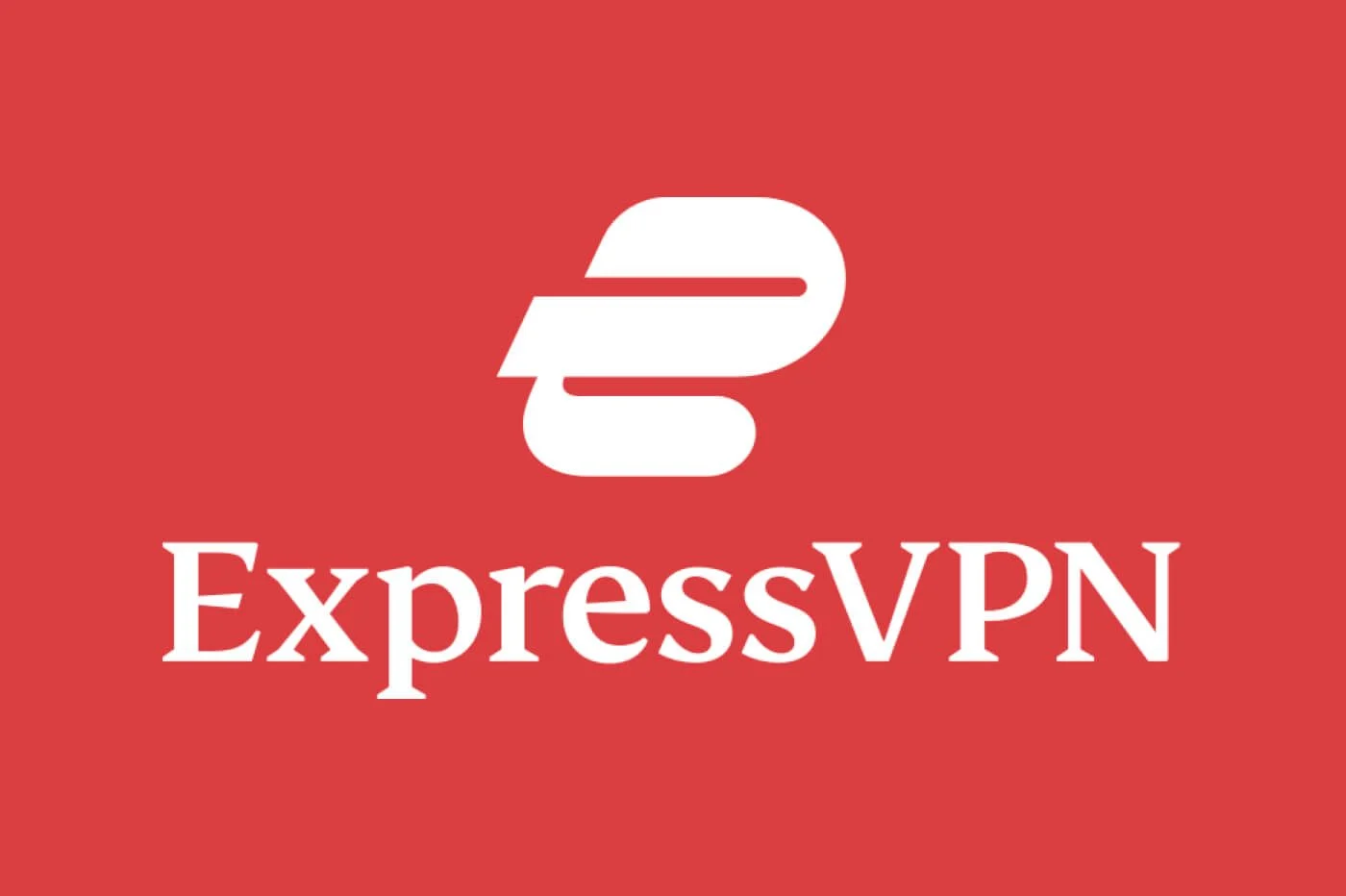What Are the Benefits of Cloud-Based Fish Farm Management Software for Large-Scale Operations?
Explore how cloud-based fish farm management software enhances efficiency, productivity, and sustainability in large-scale fish farming operations. Learn about key benefits, features, and commercial advantages.

In recent years, the fish farming industry has evolved dramatically, with the integration of cutting-edge technology driving improvements in efficiency, sustainability, and overall productivity. One of the most transformative innovations to emerge is cloud-based fish farm management software. As the demand for seafood grows and sustainability becomes more critical, adopting cloud technology has become a game-changer for large-scale fish farming operations. But how exactly does cloud-based software benefit these operations? Let’s dive into the specifics of this solution and explore how it’s revolutionizing the industry.
What is Cloud-Based Fish Farm Management Software?
Before exploring the benefits, it’s essential to understand what cloud-based farm management software is and how it works. This type of software is hosted on remote servers, which are accessed through the internet. Unlike traditional on-premise systems, cloud-based solutions don’t require the maintenance of physical hardware or servers on-site. Instead, data is stored and processed in the cloud, giving fish farm managers the flexibility to monitor, manage, and analyze operations from anywhere in the world.
Cloud-based software allows farm managers to monitor environmental conditions, manage inventory, track fish health, and automate daily operations. By integrating various aspects of fish farm management into a single platform, cloud solutions provide a unified view of the operation, making it easier for large-scale fish farms to scale their business and improve efficiency.
Key Benefits of Cloud-Based Fish Farm Management Software for Large-Scale Operations
Now that we have a clearer picture of what cloud-based software entails, let’s explore the specific benefits it offers for large-scale fish farms.
1. Enhanced Efficiency and Streamlined Operations
One of the primary benefits of cloud-based farm management software is its ability to streamline day-to-day operations. Traditionally, managing a large-scale fish farm involves coordinating multiple systems and departments, from inventory management to monitoring water quality. Cloud software integrates all these functions into a single platform, reducing the time spent on administrative tasks and allowing staff to focus on more critical areas like fish health and productivity.
With automation tools built into the software, tasks such as feeding schedules, water quality monitoring, and inventory tracking can be automated, ensuring they are performed consistently and on time. This automation minimizes human error and ensures that all aspects of the farm are operating as efficiently as possible.
2. Real-Time Monitoring and Data Analytics
Cloud-based systems offer real-time data collection and analysis, providing fish farm operators with immediate insights into the conditions of their operations. For large-scale operations, this is invaluable as the volume of data generated is vast. Whether it’s water temperature, oxygen levels, or fish health indicators, farm managers can access up-to-the-minute data on their devices from anywhere.
Having access to real-time data also allows farm operators to make informed decisions quickly. For example, if water quality drops below optimal levels, the software can trigger alerts, enabling staff to take immediate action before problems escalate. In contrast, traditional systems may only provide delayed reports, making it harder to respond promptly.
Moreover, the analytics provided by cloud-based software can identify trends and offer predictive insights. By analyzing historical data, the system can forecast future conditions and recommend improvements. For example, it may predict when feed levels will run low, when maintenance is needed, or when environmental conditions may change.
3. Cost Savings and Scalability
Managing a large-scale fish farm requires substantial investment in equipment, infrastructure, and labor. Cloud-based management software can help reduce some of these costs. For one, since the software is hosted on remote servers, there is no need to invest in expensive on-site hardware. Additionally, the subscription-based pricing model typical of cloud software makes it more cost-effective than traditional systems, especially for operations with fluctuating budgets.
As fish farms grow, they often face challenges related to scalability. With cloud-based software, scalability is a breeze. It’s easy to add new features, expand storage capacity, or incorporate additional farms into the system without the need for extensive hardware upgrades. This flexibility enables large-scale fish farms to adapt quickly to market demands and industry trends.
4. Improved Fish Health and Sustainability
Sustainability is a key concern for modern fish farms, as both consumers and regulators increasingly demand eco-friendly practices. Cloud-based software helps improve sustainability by closely monitoring environmental conditions and fish health. The software can track various water quality parameters (e.g., temperature, pH levels, oxygen content) in real-time, ensuring that the farm maintains optimal conditions for healthy fish.
This focus on fish health is critical. By using cloud-based farm management software, farm operators can detect early signs of disease, stress, or malnutrition, which can then be addressed before they become more serious. Proactive management of fish health not only leads to higher survival rates and better productivity but also reduces the need for antibiotics and other treatments that can harm the environment.
Additionally, data on feed usage, water consumption, and energy use can be tracked and analyzed to identify areas where waste can be reduced, further improving the farm's environmental footprint. These insights help ensure that the farm operates as sustainably as possible, benefiting both the business and the environment.
5. Better Collaboration and Communication
Large-scale fish farming often involves multiple teams working in different areas of the farm. Effective communication and collaboration between these teams are essential to ensure smooth operations. Cloud-based fish farm management software enhances communication by centralizing all data and making it accessible to anyone who needs it, regardless of location.
Farm managers can share real-time information with team members, even if they are working in different locations or shifts. This transparency ensures that everyone is on the same page and can act quickly when needed. Additionally, cloud-based systems often come with built-in collaboration tools, such as chat functions, task management, and reporting, further enhancing communication within the organization.
6. Compliance with Regulatory Standards
Fish farming is a heavily regulated industry, and staying compliant with local, national, and international regulations is crucial. Cloud-based farm management software helps ensure compliance by keeping accurate, up-to-date records of all farm activities, from feed usage to water quality.
The software can automatically generate reports required for regulatory compliance, saving farm managers time and reducing the risk of human error. These reports can be easily shared with regulatory bodies, ensuring that the farm remains in good standing with authorities. Additionally, with data securely stored in the cloud, it’s easier to maintain audit trails and track changes, which is essential for compliance purposes.
7. Increased Security and Data Protection
Security is a top concern when it comes to digital solutions, especially when dealing with sensitive data. Cloud-based fish farm management software offers robust security features, including encryption, multi-factor authentication, and regular backups, ensuring that farm data is safe from cyber threats.
By storing data in the cloud, farm operators no longer have to worry about the risks of on-site hardware failures or natural disasters that could compromise sensitive information. Cloud providers often have dedicated security teams and infrastructure to protect data, making it more secure than traditional on-premise systems.
8. Improved Decision Making
With the integration of advanced data analytics and reporting tools, cloud-based farm management software enables better decision-making. By having access to comprehensive data on fish growth, feed conversion ratios, environmental conditions, and other operational metrics, managers can make informed choices about resource allocation, future investments, and operational strategies.
Cloud-based software also enables farm managers to run different scenarios and forecasts, helping them plan for potential challenges, such as fluctuating market prices or changing environmental conditions. These insights help large-scale fish farms stay competitive in an increasingly demanding industry.
Conclusion
As large-scale fish farming continues to grow and evolve, the adoption of cloud-based farm management software offers significant advantages. From improving efficiency and sustainability to enhancing data-driven decision-making and ensuring regulatory compliance, cloud technology is revolutionizing the way fish farms operate. By embracing this innovative solution, fish farm managers can optimize their operations, reduce costs, and contribute to a more sustainable and efficient food production system.
Investing in cloud-based farm management software is not just a smart business move—it’s a step toward a more sustainable future for aquaculture. For large-scale fish farming operations looking to stay competitive and thrive in the digital age, this technology is no longer a luxury but a necessity.
What's Your Reaction?





















